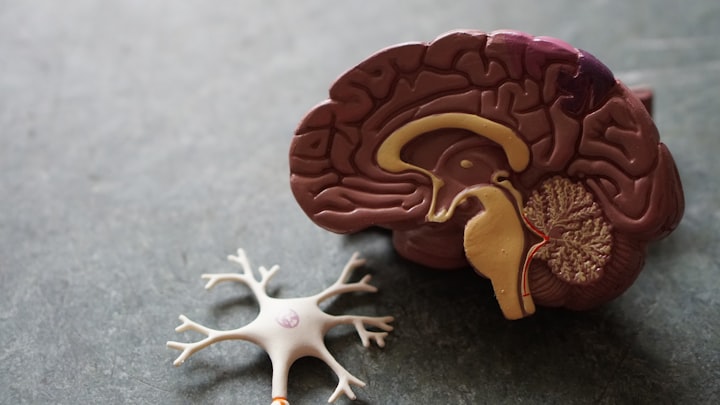
It's no secret that anxiety can take a toll on mental health. However, recent research has uncovered a concerning connection between anxiety and cognitive functioning in older adults. A study by Gulpers and colleagues (2020) found that higher anxiety levels are associated with worse cognitive functioning and an increased risk of dementia in older adults. These findings have significant implications for mental health care and the importance of early intervention and treatment for anxiety disorders.
The Impact of Anxiety on Cognitive Functioning
The study analyzed data from over 4,000 older adults, assessing their anxiety levels and cognitive functioning over time. The researchers discovered that participants with higher anxiety levels exhibited worse cognitive functioning, including memory, attention, and processing speed. Moreover, this decline in cognitive performance was even more pronounced in individuals with chronic anxiety.
Furthermore, the study found that participants with higher anxiety levels were more likely to develop dementia later in life. This relationship remained significant even after controlling for factors such as age, sex, education, and depression. These results highlight the potential long-term consequences of anxiety on cognitive health and the importance of addressing anxiety in older adults.
Why Does Anxiety Affect Cognitive Functioning?
There are several potential reasons why anxiety might contribute to cognitive decline in older adults. One possibility is that anxiety increases the release of stress hormones such as cortisol, which can have harmful effects on brain cells and structures involved in memory and learning.
Another potential explanation is that chronic anxiety can cause brain structure and function changes, leading to a decline in cognitive abilities. For example, research has shown that individuals with anxiety disorders may have reduced gray matter volume in brain regions associated with memory and cognitive processing.
Additionally, anxiety can lead to sleep disturbances, which have been linked to cognitive decline and dementia. A lack of quality sleep can impair memory consolidation and other cognitive functions, further exacerbating the effects of anxiety on mental health.
Addressing Anxiety to Protect Cognitive Health
Given the association between anxiety and cognitive decline, it's crucial to identify and treat anxiety disorders in older adults as early as possible. Early intervention can alleviate the immediate symptoms of anxiety and potentially reduce the risk of long-term cognitive decline and dementia.
Several effective treatment options for anxiety disorders include cognitive-behavioral therapy (CBT), medication, and relaxation techniques. In addition, mental health professionals can help older adults develop coping strategies to manage anxiety and improve their overall well-being.
In addition to seeking professional help, older adults can take steps to reduce anxiety and promote cognitive health on their own. For example, engaging in regular physical activity, maintaining a healthy diet, staying socially connected, and practicing relaxation techniques such as deep breathing or meditation can all help alleviate anxiety and support cognitive functioning.
The Importance of Early Intervention
This study's findings underscore the importance of early intervention for anxiety disorders in older adults. Drugs such as selective serotonin reuptake inhibitors (SSRIs) effectively treat anxiety in older adults. Additionally, cognitive-behavioral therapy (CBT) can also help older adults manage anxiety and improve their mental health.
Lifestyle changes such as exercise, mindfulness practices, and social support can also significantly manage anxiety and promote mental health in older adults. Exercise has been shown to reduce symptoms of anxiety and depression. At the same time, mindfulness practices such as meditation and yoga can help reduce stress and improve overall well-being. Social support from family, friends, or support groups can provide a sense of connection and reduce loneliness and isolation.
By addressing anxiety and promoting mental health in older adults, we can improve their quality of life and potentially reduce the risk of cognitive decline and dementia. Unfortunately, anxiety has been linked to an increased risk of cognitive impairment and dementia. Still, treating anxiety early can help protect mental health in later life.
It's essential to raise awareness about the link between anxiety and cognitive decline and encourage older adults to seek help for anxiety disorders. By providing education and resources, we can help older adults recognize the signs of anxiety and understand the potential impact on their cognitive health. With the right support and resources, we can help older adults manage anxiety and protect their mental health, ensuring a better quality of life in their golden years.
About the Creator
Edy Zoo
Edy Zoo is an author who writes about social subjects. He contributes to the ever-growing library of social critics.






Comments
There are no comments for this story
Be the first to respond and start the conversation.